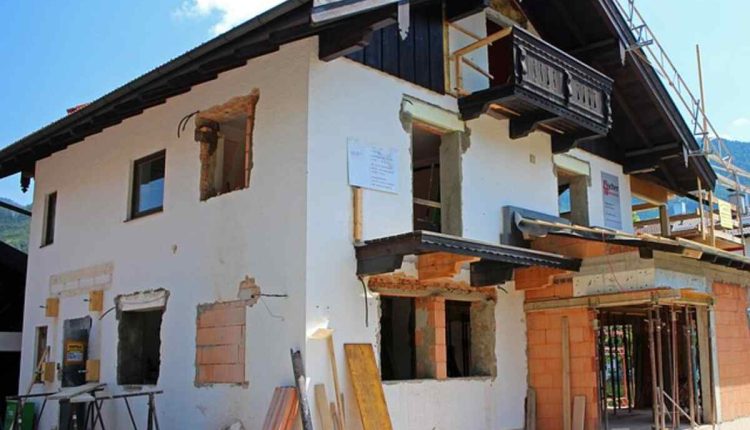Multiple factors can impact commercial renovation costs per square foot, so it is crucial that you fully comprehend these elements before planning your project. The Amazing fact about commercial glass replacement.
Remodeling costs also depend on the type of house being renovated; for instance, historic properties tend to cost more due to using more fragile and outdated materials in these spaces.
Materials
Factors influencing the cost of materials for commercial renovations include building type, location, material prices, and labor expenses. While these variables can differ widely depending on each project, renovation costs in larger cities such as New York are much higher than in smaller communities.
Renovation costs may also depend on the space’s purpose; medical offices and hospitals may require expensive specialized equipment, while retail rooms can typically be renovated using standard furniture and equipment.
Prices of materials used for commercial renovations can differ significantly based on where you live, with costs in New York being up to 70% more expensive than in Tampa due to varying land costs, labor rates, materials costs, and building code regulations.
Before beginning any commercial renovations, you must spend sufficient time researching and selecting appropriate materials. Doing this will ensure you receive maximum value from your investment and a high-quality finished product. Also important is considering their lifespan under everyday use – this could save money in future repairs or replacement costs.
Labor
Labor costs can be an integral component of any commercial renovation project, ranging from region to region and on an hourly or daily basis depending on seasonal changes; as an example, their costs might increase during autumn compared to spring or summer depending on seasonal factors; therefore it’s crucial that when estimating your project you consider this factor.
Renovation materials and building components can vary significantly depending on their source materials, such as steel or concrete prices, dramatically impacting overall costs for any renovation project. Furthermore, permits must be obtained before any work can begin on your property, which adds extra costs quickly to any commercial renovation endeavor.
Your renovation costs will depend on its scope and scale; therefore, it is advisable to set aside between 5-15% of total construction costs as a contingency budget for unexpected expenses during renovation. Installing energy-efficient appliances or upgrading HVAC systems are good additions that will save money over time in operating expenses and should be included within your remodeling budget.
Design
Commercial renovation costs can be an integral component of an overall project budget, often up to 50 percent. They can be complex, as the exact costs depend on each specific job; however, general guidelines can help you estimate them more easily. Materials prices alone won’t give a complete picture; design fees also play a vital role. These can vary widely and even include hiring professional designers or architects as a factor when estimating renovation expenses.
Design fees may also include the costs associated with creating architectural and structural drawings, which are essential to renovating. They enable you to make informed decisions during the construction phase while preventing costly mistakes; permits are often necessary for renovation projects to finish on schedule.
Location can have an enormous effect on the cost of commercial renovation. Land, labor, and materials costs may differ significantly between sites. Furthermore, different cities have different building regulations that must be observed.
Renovation can incur additional design costs if it introduces new features; for instance, renovating an office space might involve installing a kitchen or altering its layout altogether, requiring extra planning and design work that increases project costs overall. Furthermore, additional systems will need to be installed – including air conditioning, plumbing, and electrical systems – adding further expenses to this undertaking.
Taxes
Renovation costs per square foot can differ significantly based on location, materials, and building codes; these elements can influence project costs by over 70 percent! Luckily, many of these variables can be managed by planning and getting detailed quotes from designers and contractors.
Renovation costs depend heavily on what purpose is planned for a building; medical offices, government buildings, and high-rise offices generally cost more than single-story offices or restaurants with small dining areas or single-story offices; special equipment costs will further escalate overall renovation expenses.
Take the time to conduct a comprehensive walk-through of your property before undertaking any projects to determine its scope of work, thereby helping you avoid overpaying for services or materials and identify any building code violations or any issues which need to be addressed.
The cost of commercial renovation will depend heavily on the quality of the architectural design. Complex designs require additional time and labor for implementation, which increases construction costs. To reduce these expenses, find a general contractor with experience completing similar projects and collaborate with a structural engineer on making changes that won’t compromise the physical integrity of the property or affect function negatively.
Read Also: Home Improvement


